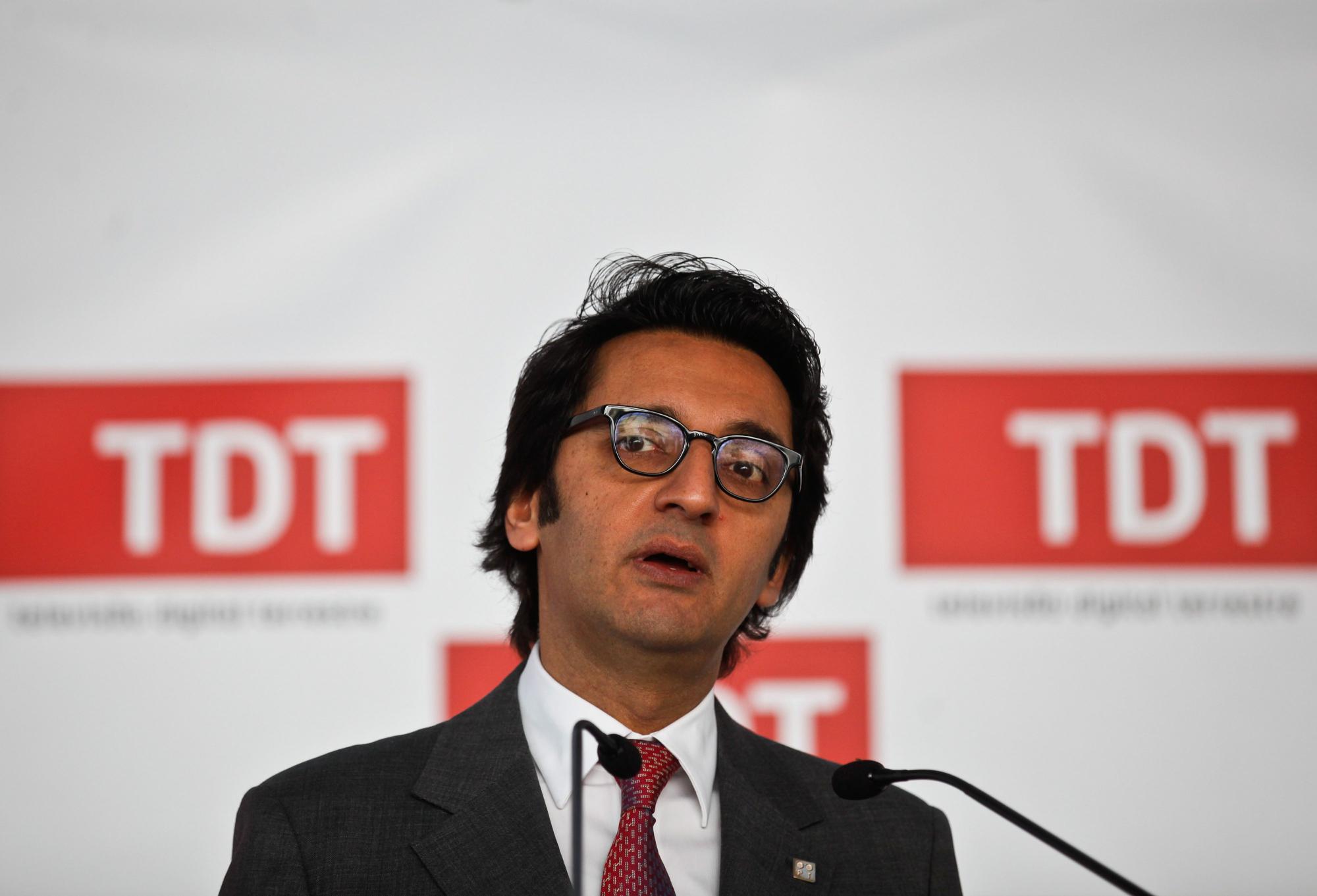Portugal is the country with the least number of digital terrestrial television channels. The delivery of the service to the then PT Comunicações (today Altice / Meo), more interested in cable services, made the delay in Portugal inevitable.
The transition from analogue signal to digital terrestrial television was a process led by the then Minister for Parliamentary Affairs, José Socrates, Augusto Santos Silva. If the technological advantage was undeniable and filled hours of government propaganda, then its implementation seemed to be calculated to fail.
The ANACOM decision granted PT Comunicações the right to use the frequencies for the DTT service, which is designed to: a) transmit RTP1, RTP2, SIC and TVI channels in the Portuguese mainland, as well as RTP Açores and Madeira in the respective autonomous regions; b) broadcasting of a new channel licensed in accordance with the provisions of the Television Law; c) transmission in high definition and non-simultaneous manner until the end of the analogue broadcast of the programming elements of all program services and Channel 5 mentioned in the previous paragraph.
As the ERC explained in its Opinion No. 2/2012, “the policy decision underlying the specific structure of the model recommended for the implementation of DTT in Portugal was not particularly ambitious with regard to the free offer of television ‘channels’”. That is, the model free to air this did not guarantee, unlike what happened in Spain and the UK (after the failure of the previously implemented payment model), an attractive free offer was sufficient to stimulate the transition to DTT.
At the same time, after winning a 2008 open tender for DTT’s pay-TV operation (which gave it both signal usage and television program distribution), it was able to exclude the company’s bid. Airplus, then PT Comunicações will abandon such an operation after 6 months, stating, among other things, “there is a high probability that licenses cannot be issued in the near future due to legal proceedings initiated by Airplus, meanwhile, development in the Pay TV market (where its MEO service began to spread, which began at the end of 2008), the economic and financial crisis, there is a greater likelihood of HD broadcasting on Mux A than the revocation of the license will allow. “
This withdrawal was possible because ANACOM accepted the withdrawal of the frequency license. Since then, despite huge investments in the diversification of cable service programs, the DTT process has hardly developed, except for the open availability of the so-called parliamentary channel and the introduction of two more government services. channels – RTP Informação and RTP Memória – as a result of the legislative initiative of the Left Bloc already in 2016. Thus, out of 35 European countries, Portugal continues to offer DTT with the lowest number of software services.
At the current stage of technological evolution, the underutilization of the possibilities of the radio frequency spectrum for the provision of social communication content to the general population is not recognized at the expense of the interests of society in promoting diversity and pluralism, social inclusion and national cohesion. The state is obliged not only to encourage the expansion of the DTT offer, but also to guarantee the access of the entire population to various public television programs, a goal that can only be achieved through this form of broadcasting on a free and universal basis.
DTT signal disruptions during and after the final digital switchover created a situation of widespread discrediting of the service, which forced large numbers of citizens to use cable subscription services.
The selection of a single frequency network (SFN) to provide the free DTT component was not geographically and atmospheric conditions in the country, leading ANACOM to push forward in 2017 to install a national signal-on-reception sensor network and reconfigure the network for a multi-frequency system (MFN).
In this way, the concessionaire, which remained unilaterally managing digital terrestrial television distribution, was able to simultaneously discourage private investment in free available channels, as well as discredit DTT from users across the country by encouraging contracting for cable services. Thus, Portugal today is a country where more than half of the population has a contract for the provision of cable services and mainly gains access to television through this service. This contrasts with any European country where the average cable penetration rate is around 25% (via EBU).
















